Eating the right types of foods is essential for losing weight. The best weight loss foods are those with proven health benefits by making a few simple changes to your diet, you can lose weight without the need for pills or surgery.
Below are some of the best foods to add to your diet. Aim for at least five servings of these foods a day. Keep reading to find out what the best weight loss foods are!
Fruits
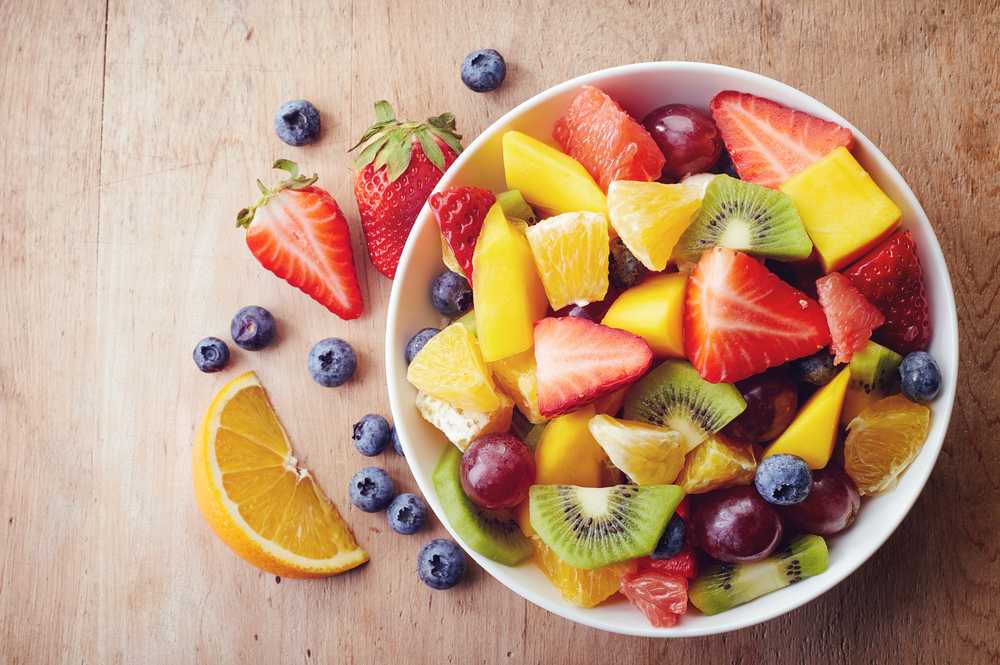
A perfect addition to your diet, fruits are full of vitamins and fiber, but very low in calories. Studies have shown that eating a variety of fruits can lower your overall body weight and lower your risk of developing diabetes, high blood pressure, heart disease, and cancer. In addition, a half-grapefruit provides about 65% of your recommended daily intake (RDI) of vitamin C and 28% of vitamin A. The best part? Fruits are low in calories and are filling, making them perfect snack food.
While many people think that they must cut out all carbohydrates to lose weight, fruits are actually a valuable tool for weight loss. Unlike many other weight-loss diets, fruits provide essential nutrients that keep you feeling satisfied longer. And a portion-controlled diet that emphasizes fruits will help you achieve your goals faster. With the right portion size, you can even replace unhealthy foods with fruits and lose weight. But remember to watch your portion size and eat only a small amount at a time.
Apples are among the best weight loss foods. Their high-water content makes them filling and low-calorie. They are also high in antioxidants and can help reduce the risk of heart disease and diabetes. Another popular fruit that has many health benefits is the orange. This subtropical fruit contains a high concentration of vitamin C, which promotes a healthy nervous system. Also, its high vitamin content may help you lose weight.
Lean Meats
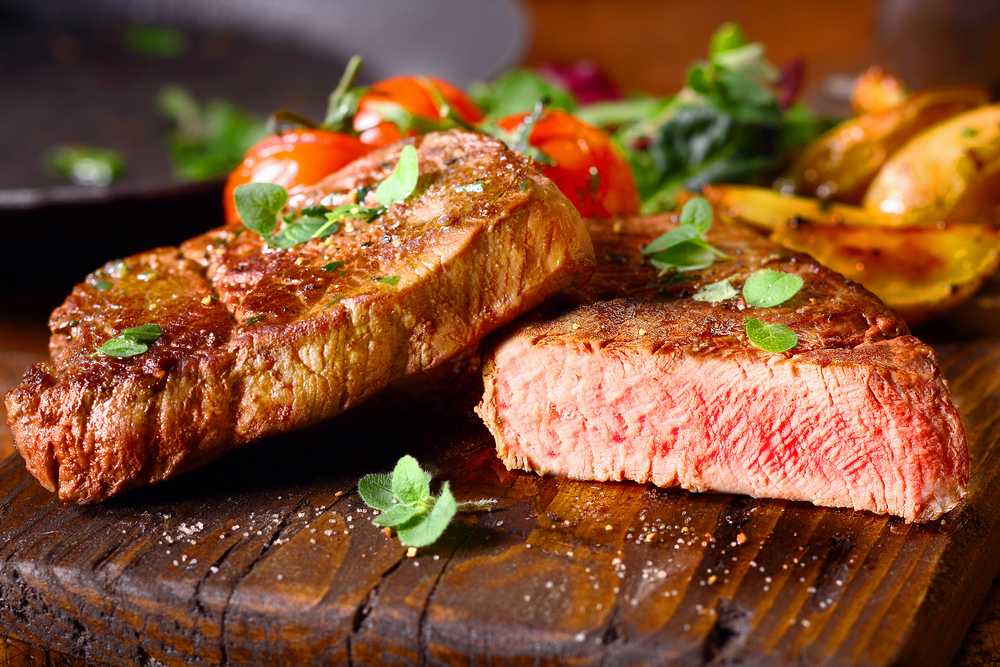
Health authorities often give meat eaters a hard time. After all, red meat contains high amounts of saturated fat, which increase LDL cholesterol levels and your risk of heart disease. However, people who are on certain diets may choose fatty meats over lean meat. For example, some people may be on a ketogenic diet, which involves avoiding lean meat altogether. However, this approach is controversial, and the evidence is mixed.
The first tip to selecting lean meats is to determine your calorie needs. This should be based on your age, sex, activity level, and body size. If you're following a 2,000-calorie diet plan, you'll need to consume at least 50 grams of protein each day. The best sources of protein are lean meats. Pork is also considered lean, and is just as good for your health as lean beef.
Another key factor to consider when choosing lean meats is how much fat is in them. Choosing lean cuts of meat will allow you to enjoy meat without the added calories. Meat also varies in fat content, so removing the parts that are high in fat will make them low-calorie. It may sound strange, but the benefits of lean meats for weight loss are numerous. You may wonder why you should choose them over a plant-based diet.
The good news is that there are several different types of lean meat. Meats with less fat content are one of the best weight loss foods. The key is finding the right one. There is lean beef, pork, chicken, and even fish. While these are all great choices, they should be prepared in a healthier way if you want to lose weight. It's crucial to follow a balanced diet and exercise program.
Protein is a necessary nutrient for the body, so it's important to get your daily recommended intake of protein. A plant-based diet is high in fiber and is known to reduce the risk of heart disease. Eating lean meats can help you lose weight, cleanse the digestive system, boost your immune system, and protect you from beriberi. You can also try a vegetarian diet for weight loss, but it's important to make sure to eat a balanced diet that includes lean meats and fish.
Eggs
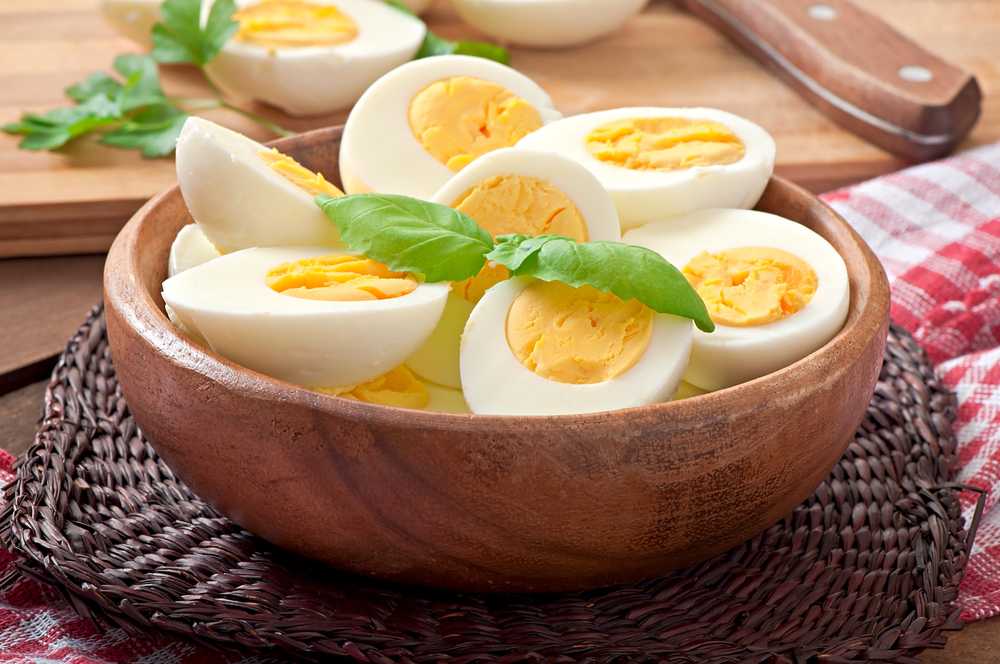
If you're trying to lose weight, eggs are a great choice. Despite their low-calorie count, eggs are a rich source of protein, which helps rebuild and repair muscles after workouts. Without adequate protein intake, your muscles will deteriorate and you'll not lose weight. Plus, eating eggs is compatible with many different diet plans, including low-carbohydrate, Whole30, and keto.
While eggs are relatively low in calories, they are rich in protein and essential vitamins and minerals. This combination of nutrients keeps you satisfied and helps you feel full longer. Eggs can also regulate your blood sugar levels and help regulate your eating patterns. A full, satisfied stomach means less time for mid-day snacking. By cutting back on your daily calorie intake, you can lose weight while maintaining a healthy body.
Eggs are also low in calories, making them a good choice for breakfast. Studies have shown that eating a few eggs at breakfast can increase the feeling of fullness throughout the day. And eggs have been found to boost the hormone serotonin, which has been linked to obesity. Despite the high fat content, eggs can help you lose weight, but only if you follow the recommended guidelines. Unlike other weight loss programs, egg diets may cause some side effects.
An egg has many benefits for weight loss. First, it is a nutrient-dense food that can help you lose weight because it increases your feeling of fullness. Another benefit is that they boost your metabolism, which means you burn more calories after eating. The protein content in eggs helps you to feel fuller longer. So, if you're looking for a diet low in carbohydrates, eggs are an excellent option.
While many people avoid eating eggs because they're intimidated by the process, there are actually many ways to cook them. You can always eat them fried or boiled. Just remember to watch the cooking time, and don't overdo it. It doesn't necessarily make a dish taste better, but it will help you lose weight. And if you're worried about the calories, you can cook them to a safe temperature.
Oatmeal
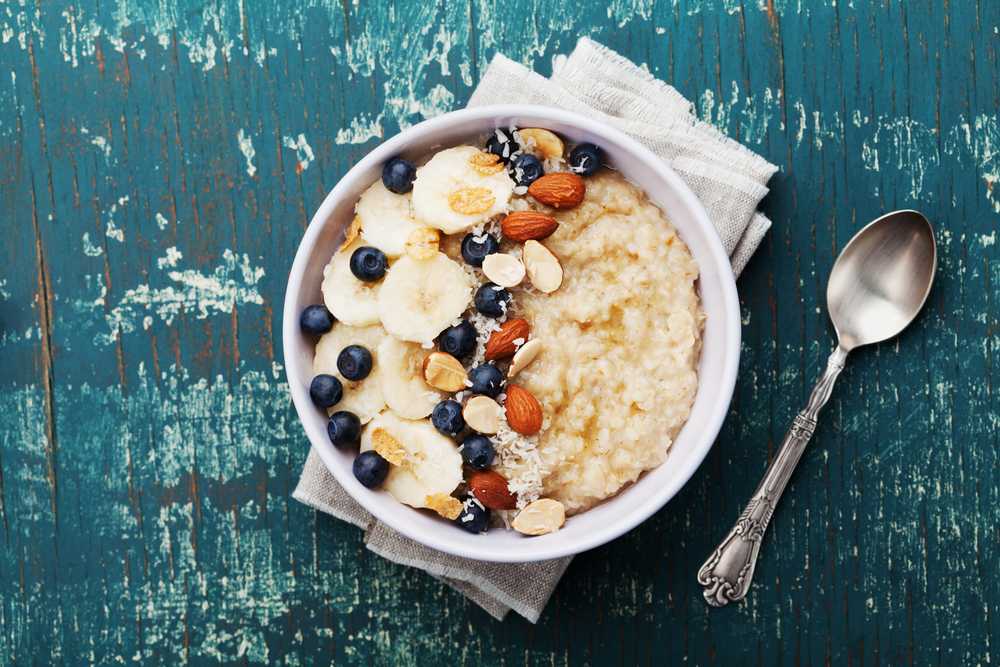
Oatmeal is a low-calorie food that contains protein and fiber. A serving of half a cup of dry oatmeal with water contains 150 calories, 3 grams of fat, and 27 grams of carbohydrates. Despite its low-calorie content, oatmeal also has a high protein content of around five grams per serving. You can increase satiety by adding nuts or nut butter to your oatmeal. You can also mix in some chia seeds to make it creamier.
However, if you want to lose weight fast, don't follow an oatmeal diet for the first week. Some people may find this diet difficult to stick to and may begin yo-yo dieting within a few days. This type of diet may also cause side effects, so it's best to choose another type of diet. Among the best weight loss foods, Oatmeal has many health benefits and can aid weight loss.
Oatmeal is an excellent source of complex carbohydrates. It also helps curb overeating. It gives your body plenty of fuel for the day, eliminating the need for unnecessary snacking. It is also rich in fiber, which keeps you feeling fuller for longer. By increasing your fiber intake, you can maintain a healthy weight. You can also incorporate protein and fat in your oatmeal to make it a complete meal.
The fiber content of oatmeal helps control your bowel movements. This makes you feel full longer, preventing you from snacking on unhealthy foods. In addition, consuming oatmeal increases production of the satiety hormone PYY in your gut, which reduces your appetite. This can also help you lose weight because you'll feel fuller longer. It may also keep you from overindulging when hunger strikes.
Eating oatmeal is a great way to get started on a healthy weight-loss program. In addition to the health benefits of fiber, oatmeal is also a great breakfast food. It makes you feel fuller longer, which is an excellent way to lose weight. Furthermore, oatmeal is also good for your heart and lowers your cholesterol. So, if you're thinking about adding oatmeal to your diet, don't wait any longer.
Avocados
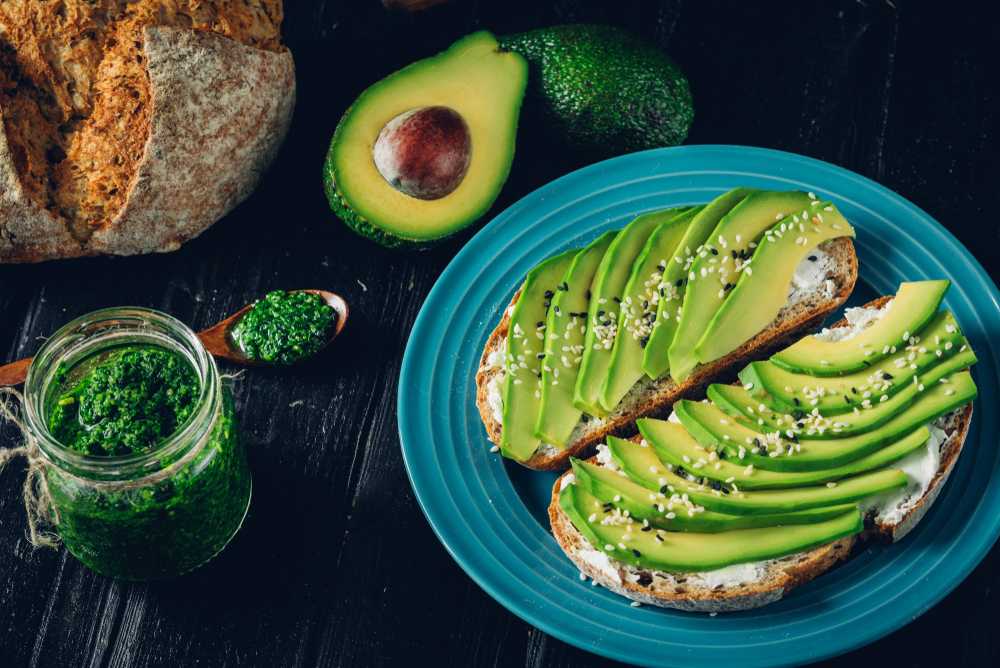
The health benefits of avocados are plentiful. Apart from weight loss, they also reduce the risk of cardiovascular disease and help control cholesterol. They are a good source of fiber and protein, and their low glycemic index makes them a great choice for people with diabetes or insulin sensitivity. Avocados have a high content of monounsaturated fat, which means they are not as high in sugar as saturated fat.
Apart from their high fat content, avocados are rich in vitamins and minerals. They also contain folate, a vitamin that prevents the development of depression. They contain 41% of the daily recommended amount of folate, which is important for healthy brain function. Avocados are slow to ripen but can be stored at room temperature and eaten right away. It can be stored with bananas or apples for a few days.
Although avocados are high in fat and low in sugar, they contain few calories. Moreover, they are rich in monounsaturated fatty acids, which reduce the risk of diabetes and lower cholesterol levels. It also lowers the risk of heart disease and prevents diabetes progression. Avocados also have low glycemic index compared to many other plant-based foods.
Legumes
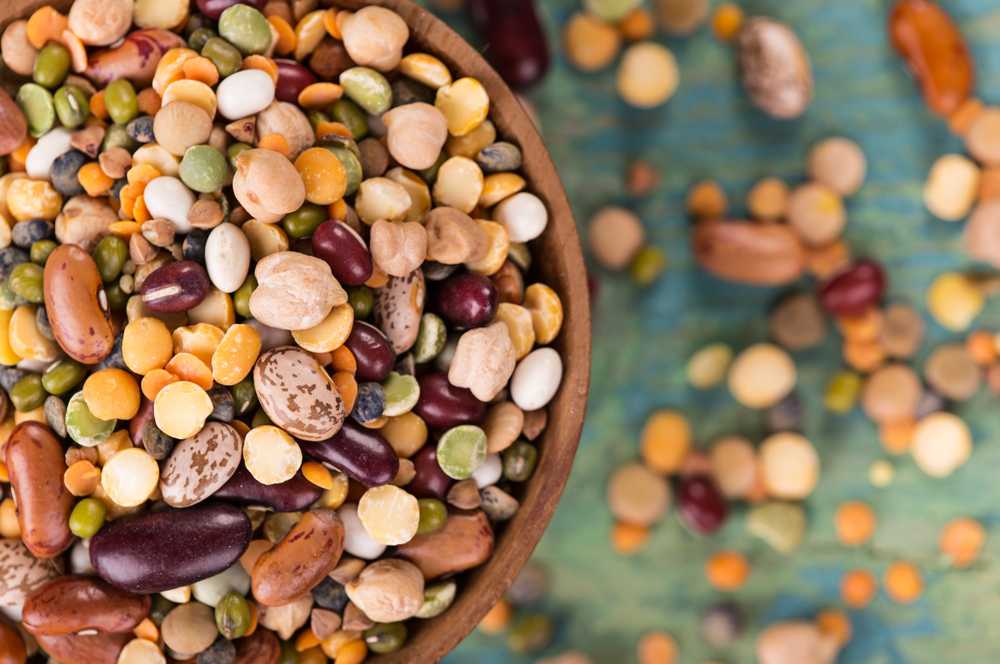
For best weight loss foods, you should add legumes to your diet, as they are low in glycemic index. Research suggests that eating legumes is helpful for weight loss because of their high fiber content. This type of food is packed with magnesium, fiber, and potassium, all of which have positive effects on blood pressure management.
One study found that subjects who ate legumes and whole grains instead of refined carbohydrates had significantly lower blood pressure after 10 weeks. The researchers also noted that subjects who consumed legumes had lower waist circumference and were less likely to be obese than those who did not.
You can add cooked legumes to nearly any dish. Cooked lentils are great for soups and salads. Simply add one tablespoon of cooked lentils to a serving of rice or quinoa. You can also substitute chickpeas for black or white beans. Black beans are another excellent choice. Mashed beans can also be stored in jars for a long time.
Other legumes you can eat are chickpeas, lentils, and beans. Chickpeas are great additions to soups and salads, and can be eaten as a snack as well. These foods are low in calories and are packed with essential nutrients. You can add them to salads and soups or simply cook them and enjoy them later. Legumes are also a great source of protein and fiber.
Carrots
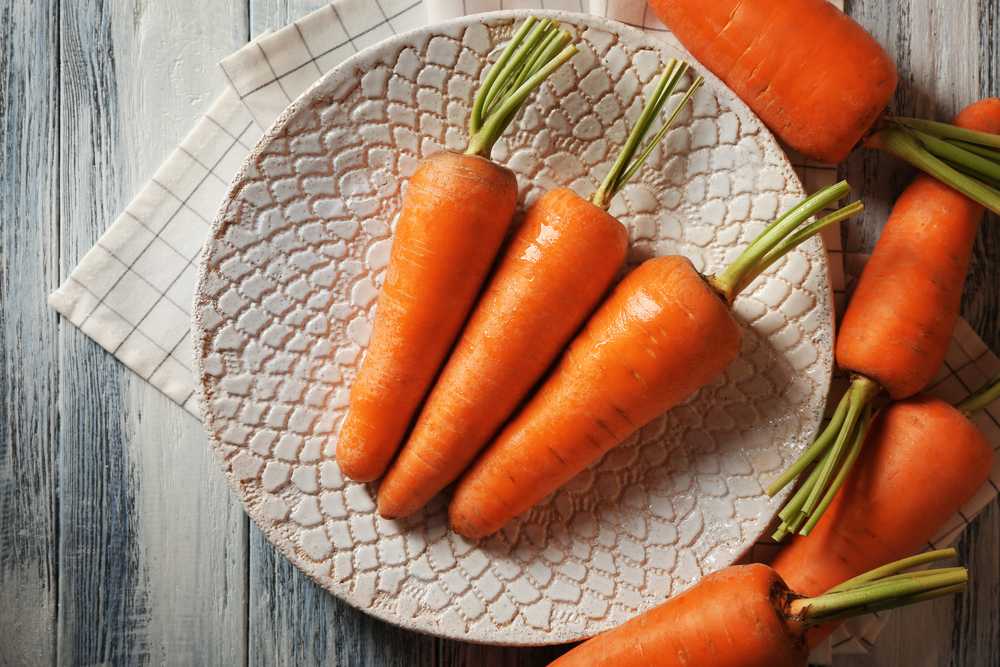
The health benefits of carrots go beyond their role as one of the best weight loss foods. These veggies contain a high concentration of carotenoids (yellow, orange, and red organic pigments) and may help reduce the risk of a variety of conditions, including colon cancer, breast cancer, and prostate cancer. Some research even suggests that eating carrots may decrease the risk of night blindness, a condition associated with low vitamin A levels.
In addition to providing nutrients for the organs, carrots are rich in fiber, which aids in maintaining blood sugar levels and fighting diseases. The presence of fiber in the diet has also been linked to lower blood pressure and a reduced risk of diabetes. Also, carrots are a good source of Vitamin K, which helps maintain bone strength and reduce the risk of developing osteoporosis.
Carrots contain beta carotene, which improves eyesight in low light, and vitamin C, which supports the immune system. Beta carotene also contributes to healthy skin and nails, and vitamin K1 aids in the healing of wounds. These nutrients also promote overall wellness and help maintain glowing skin. If you're looking for a nutritious snack, you'll find that carrots contain everything you need to stay healthy and lose weight.
Dark Chocolate
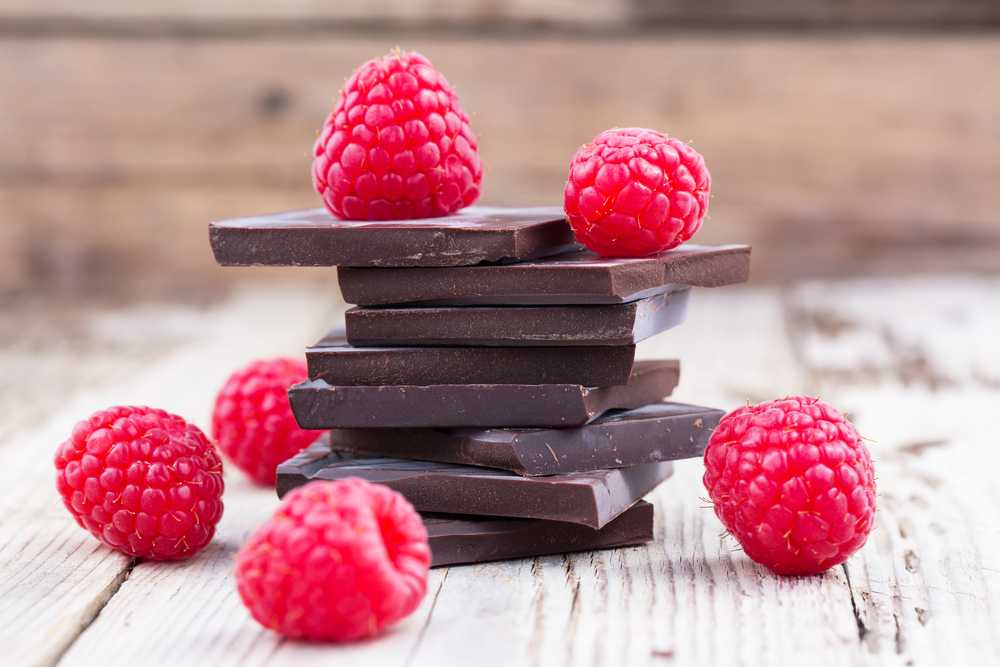
Consuming dark chocolate has a number of health benefits. First of all, it helps control your appetite by stimulating the release of satiety hormones. Studies have shown that people who eat dark chocolate are less likely to binge on unhealthy foods. Second, dark chocolate increases serotonin levels in the brain, which can reduce anxiety and help you relax. It can also slow the digestion of food, which helps you feel full for longer. Last but not least, it contains monounsaturated fats, which boost your metabolism and decrease your cravings for salty or sweet foods.
Despite the health benefits, it is important to remember that dark chocolate contains caffeine, which may increase your intake of the hormone. Caffeine has a detrimental effect on a pregnant woman's unborn child, and it can cause miscarriage or premature delivery. Therefore, pregnant women should seek medical advice before eating any kind of dark chocolate. Additionally, caffeine from dark chocolate may transfer to the baby if the mother is nursing. Lastly, consuming too much dark chocolate can cause anxiety, depression, or stress.
Additionally, the cocoa in dark chocolate helps control appetite. Research has shown that people who eat dark chocolate have lower levels of ghrelin, a hormone involved in controlling your hunger. However, most studies have been conducted on a small number of individuals and require more research to determine if dark chocolate has weight-loss benefits. However, there are some studies which suggest that it may improve insulin sensitivity, which means your cells absorb sugar faster and prevent fat storage.



